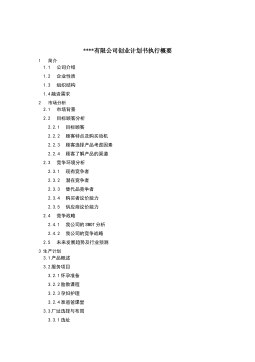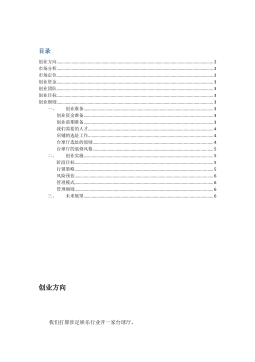二十世纪八九十年代前苏联高校思想政治教育演变研究
摘要思想政治教育是人类社会实践的一个重要方面。自阶级形成和国家产生以来,这项实践活动就是一种客观存在。统治阶级为了稳固统治地位,维护稳定的思想政治秩序必然是其施政目标的重要组成部分;而被统治阶级为了谋求自身命运的改变,获得他者对其处境的同情及其所追求的政治目标的认同,也必然要运用思想政治教育的手段来传播其主张。因而,历史上依次更迭的各个社会形态中的阶级,无不以各种形式从事思想政治教育活动,以争取或维护本阶级的统治。苏联作为人类社会有史以来最早的、存在了长达74年之久的社会主义国家,对思想政治教育理论研究和社会实践也曾经极为重视。为了捍卫、延续和壮大社会主义,共产主义思想政治教育承担着保护和传播...
相关推荐
-
公务员思想政治教育研究VIP免费
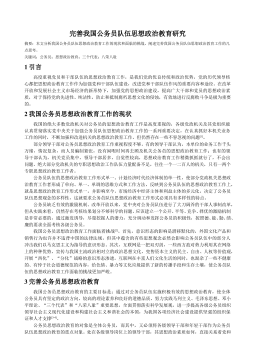
 2024-10-15 30
2024-10-15 30 -
在线社会网络中用户行为的实证分析与机制建模研究VIP免费
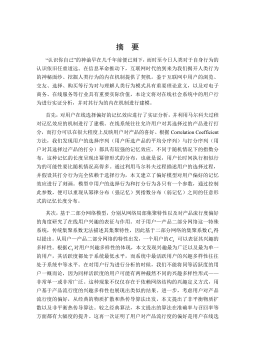
 2025-01-09 6
2025-01-09 6 -
智能优化方法对神经网络的改进及应用研究VIP免费
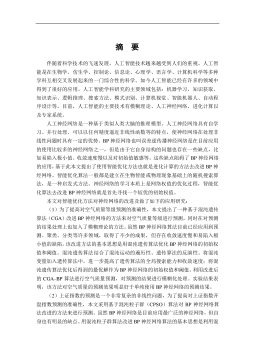
 2025-01-09 6
2025-01-09 6 -
鲜切哈密瓜保鲜技术研究VIP免费
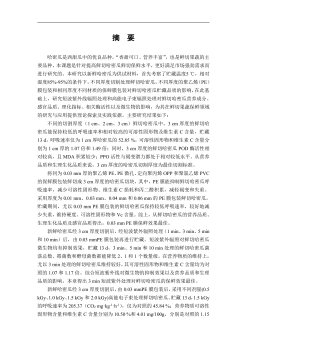
 2025-01-09 8
2025-01-09 8 -
小城镇道路网级配方法及应用研究VIP免费
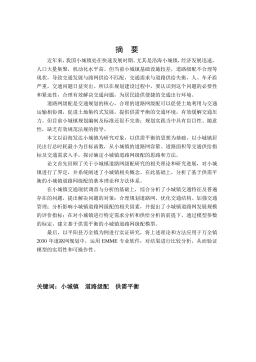
 2025-01-09 6
2025-01-09 6 -
医学信息集成测试系统的研究与实现VIP免费
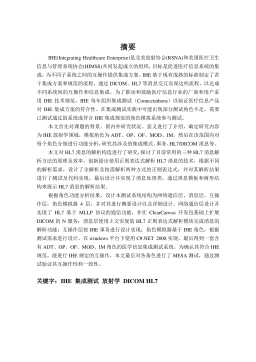
 2025-01-09 7
2025-01-09 7 -
余热驱动氨水吸收式制冷系统的理论及实验研究VIP免费
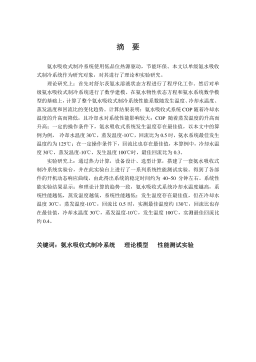
 2025-01-09 7
2025-01-09 7 -
喷雾降温技术适用性及热环境研究VIP免费
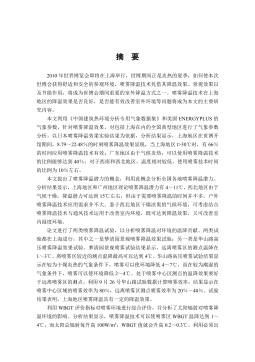
 2025-01-09 8
2025-01-09 8 -
收缩—扩张喷嘴的气泡雾化数值模拟VIP免费
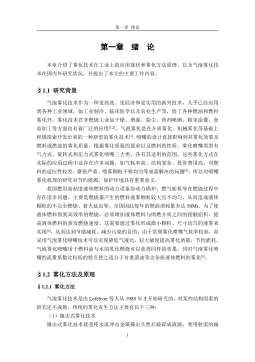
 2025-01-09 8
2025-01-09 8 -
支持供应链的工作流系统结构及其计划与调度的研究与应用VIP免费
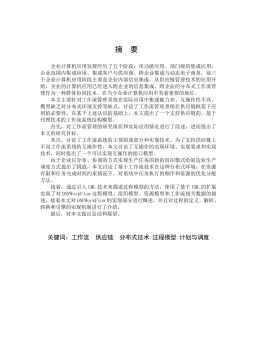
 2025-01-09 11
2025-01-09 11
相关内容
-

医学信息集成测试系统的研究与实现
分类:高等教育资料
时间:2025-01-09
标签:无
格式:PDF
价格:15 积分
-

余热驱动氨水吸收式制冷系统的理论及实验研究
分类:高等教育资料
时间:2025-01-09
标签:无
格式:PDF
价格:15 积分
-

喷雾降温技术适用性及热环境研究
分类:高等教育资料
时间:2025-01-09
标签:无
格式:PDF
价格:15 积分
-

收缩—扩张喷嘴的气泡雾化数值模拟
分类:高等教育资料
时间:2025-01-09
标签:无
格式:PDF
价格:15 积分
-

支持供应链的工作流系统结构及其计划与调度的研究与应用
分类:高等教育资料
时间:2025-01-09
标签:无
格式:PDF
价格:15 积分


